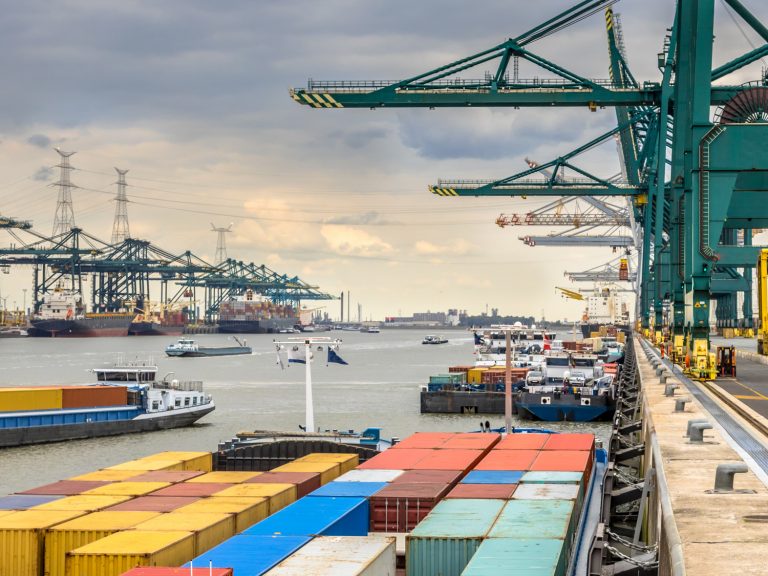
Date:
EU-ETS surcharge latest
From the 1st January 2024 the market-based mechanism to tackle greenhouse gas emissions within the European Union known as the EU Emissions Trading System (ETS) will be extended to shipping, triggering new emission linked surcharges.
EU ETS sets an annual absolute limit on greenhouse gas (GHG) emissions and requires the purchase of allowances for emissions known as EU Allowances (EUAs) by the shipping lines.
The inclusion of shipping in the EU ETS aims to create financial incentives for reducing greenhouse gas emissions and promoting a transition to more sustainable practices.
There will be a phased implementation of carbon pricing for shipping with carriers required to submit allowances equivalent to a portion of their emissions:
2024; submit allowances for 40% of verified emissions
2025; submit allowances for 70% of verified emissions
From 2026; submit allowances for 100% of verified emissions
For every ton of reported CO2 emissions, one EUA must be purchased and submitted to the EU, with EUAs priced according to demand on exchanges such as ICE, EEX and Nasdaq.
The cost of compliance is expected to be significant and will keep increasing with the phased implementation, with the lines passing on the cost in the form of a standalone ‘Emissions Surcharge’ defined on trade basis.
The Loadstar shared surcharge estimates for all the top carriers.

Carriers have indicated that surcharge amounts will be reviewed on a monthly or quarterly basis as the volatile price of EUAs adds another layer of complexity to the surcharge, making it hard for the lines to predict how much they will cost.
In their latest Customer Advisory Maersk have stated that only bookings where the Load Port and/or Discharge Port of the ocean journey is located in the EU/EEA scope will be charged with the emissions surcharge.
However, for all bookings from China Maersk will add the EU ETS emissions surcharge to the base freight rate instead of an additional surcharge for regulatory reasons.
This is a complex and evolving issue, which we will continue to monitor, sharing important developments, because the ETS surcharge, including its methodologies are subject to change.
The cost of ETS compliance for the lines will be significant and will keep increasing with the phased implementation.
EMAIL Andrew Smith, Chief Commercial Officer, if you would like to learn more, or have concerns about any of the issues raised here.
